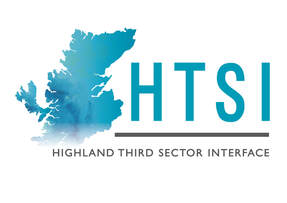No one person has overarching authority in a charity, each of the Trustees have equal responsibilities to ensure compliance with all statutory regulations. The chair is a trustee with a specific role on the board. The chair is elected or appointed to this role as set out in the charity’s governing document. The role of the Chair is to chair meetings of the Trustee Board and additional roles where authorised to do so. These roles might include, representing the charity at meetings, leading on development and ensuring action points are followed through.
Key points
- All Trustees on a Board are equally responsible to comply with statutory regulations.
- Elected officials hold key responsibilities but there is no hierarchy, all have the same authority.
Links for more information
Roles of the Board
A summary of the main responsibilities and duties for Trustee Boards.
https://knowhow.ncvo.org.uk/governance/governance-structure-and-roles/roles-on-the-board
Case Study - Dominant trustee
A case study illustrating the problems that can arise when one member of the Board becomes dominant, then links to resources that can help.
https://www.oscr.org.uk/media/2190/2016-03-30-case-study-11-dominant-trustee-1-linked.pdf
Roles of the Board
A summary of the main responsibilities and duties for Trustee Boards.
https://knowhow.ncvo.org.uk/governance/governance-structure-and-roles/roles-on-the-board
Case Study - Dominant trustee
A case study illustrating the problems that can arise when one member of the Board becomes dominant, then links to resources that can help.
https://www.oscr.org.uk/media/2190/2016-03-30-case-study-11-dominant-trustee-1-linked.pdf

